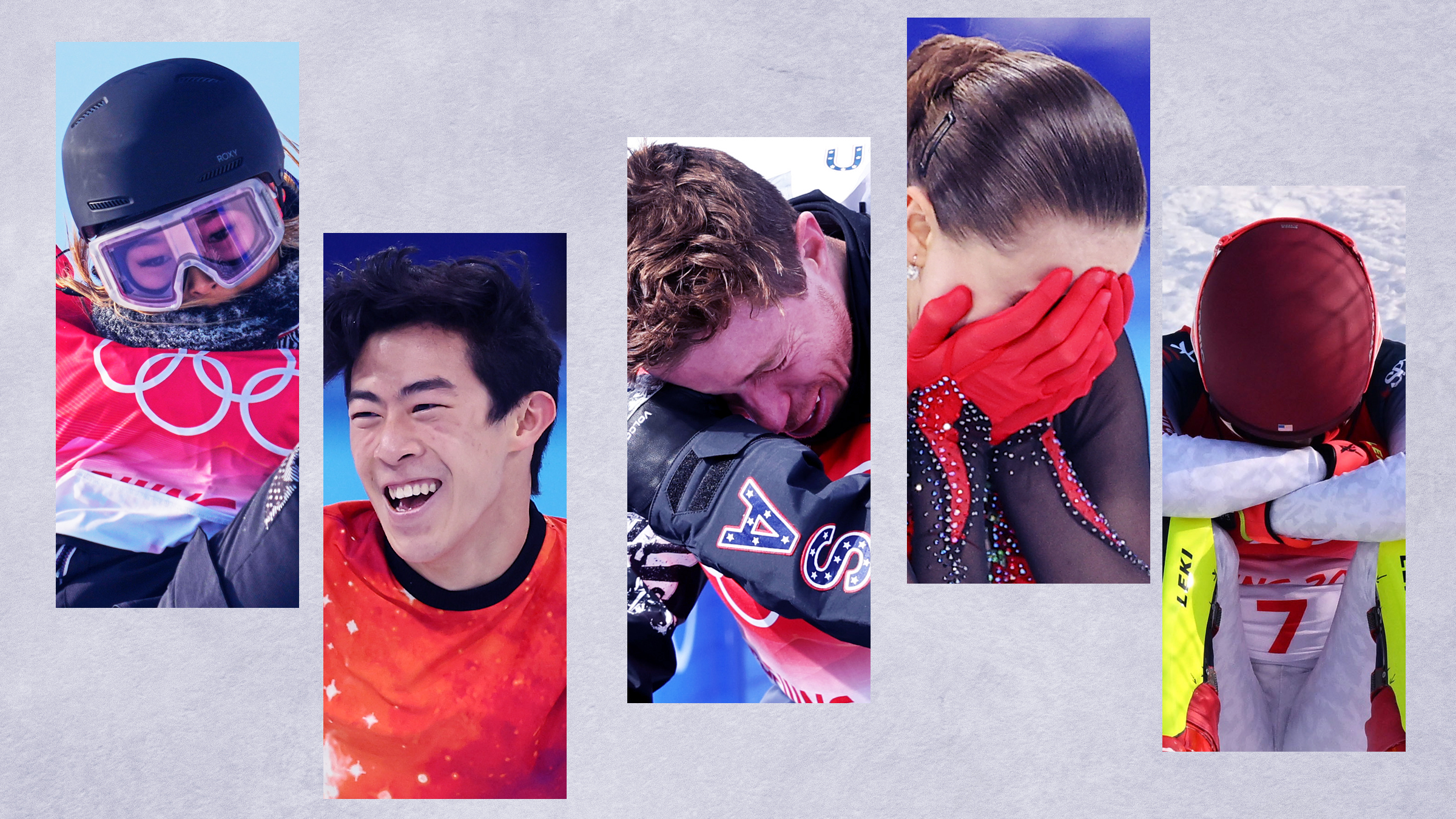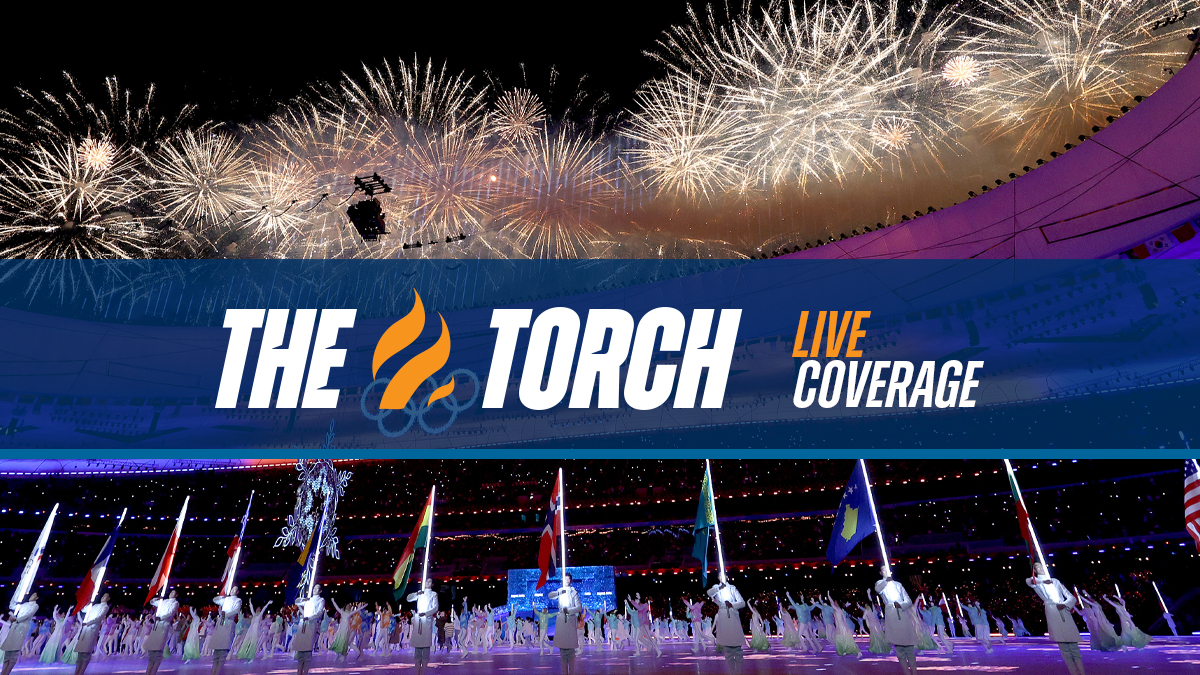The Court of Arbitration for Sport concluded its hearing late Sunday concerning whether Russian figure skating sensation Kamila Valieva can still compete at the Beijing OIympics despite an ongoing doping case.
Valieva testified by video during the hearing which began Sunday evening in Beijing and lasted through Monday morning.
CAS director general Matthieu Reeb said a ruling in the case that has caused havoc with one of the Olympics marquee events will be announced Monday afternoon after 1 p.m. in China.
At stake is Russia's gold medal in the team event and the 15-year-old star’s right to compete in the women’s individual event starting Tuesday, where she is a favorite for the gold medal.
Feeling out of the loop? We'll catch you up on the Chicago news you need to know. Sign up for the weekly Chicago Catch-Up newsletter here.
As the court decides the teen's fate in upcoming competition, here's what you need to know about the figure skating star:
Who is Kamila Valieva?
Valieva, 15, helped lead the Russian Olympic Committee to gold last week with a stunning performance during the team event, becoming the first woman to land a quadruple jump.
Beijing 2022 Winter Olympics
Watch all the action from the Beijing Olympics live on NBC
Her performance cemented her status as a figure skater to watch at the 2022 Winter Games.
Valieva has set nine world records during her career and is the second woman ever to land the quadruple toe loop.
Valieva made her senior debut just five months ago, but she’s already acclaimed as a generational talent. She combines spectacular jumping power with elegant skills to shatter world-record scores.
What happened with Kamila Valieva that sparked the investigation?
Valieva tested positive for the banned heart medication trimetazidine in a sample given on Dec. 25, when she won the Russian national championships.
That sample was the responsibility of the Russian Anti-Doping Agency, known as RUSADA. It was sent to a WADA-approved laboratory in Stockholm, Sweden, for analysis.
On Monday — hours after Valieva’s skating helped the Russians win the Olympic team event — the Stockholm lab notified RUSADA the test was positive.
She had been provisionally suspended by the Russian Anti-Doping Agency on Feb. 8 but challenged the decision, and the RUSADA lifted it the following day.
The International Olympic Committee, International Skating Union and World Anti-Doping Agency (WADA) have all launched an appeal with CAS against RUSADA's decision to lift the provisional ban, which the Court of Arbitration of Sport will hear Sunday.
“It was sending a signal that we want this solved as quickly as it can be,” IOC spokesman Mark Adams.
What could happen next?
Valieva will find out after 1 p.m. Monday Beijing time if she can compete at the Olympics in the women's competition, which starts a day later.
The legal process is unusually complex because of Valieva's status as a minor, which gives her protections in the anti-doping rule book.
Because Valieva is only 15, her ultimate penalty could be as little as a reprimand. Her entourage of coaches and doctors face more scrutiny because the World Anti-Doping Code mandates they are automatically put under investigation.
If sent home, Valieva would be one of the youngest athletes ever removed from the Olympics for doping.
How does the hearing work?
Three CAS judges heard arguments in a closed-door session in a conference room at a Beijing hotel. Lawyers and officials for the parties connected to the case in the Winter Games host city and from Switzerland.
The three CAS judges, from Italy, the United States and Slovenia, were only expected to reconsider the request to re-impose the interim ban on Valieva. The hearing was chaired by Milan-based lawyer Fabio Iudica.
The American judge, Jeffrey Benz, is a former national-level figure skater and one of the most in-demand arbitrators for CAS cases. Vesna Bergant Rakočeviċ is a high court judge in the Slovenian capital of Ljubljana.
What happened with Russia before that they were forced to compete under ROC?
Russian athletes are participating under the name of the “Russian Olympic Committee,” or ROC for short, because Russia received a two-year ban from the World Anti-Doping Agency in 2019 for its state-sponsored doping program. Between Dec. 17, 2020, and Dec. 17, 2022, no athlete can represent Russia at the Olympics, Paralympics or World Championships.
The ban was originally set to last four years, but the Court of Arbitration for Sport reduced it to two years.
The doping scheme was first revealed in 2016 by a whistleblower and included at least 15 medal winners from the 2014 Olympics, held in Sochi, Russia.
In 2017, the International Olympic Committee suspended Russia. After an appeal by several Russian athletes who were not linked to the scheme, the Court of Arbitrations for Sport allowed Russian athletes to participate in global competitions as neutral competitors. At the 2018 Winter Olympics in PyeongChang, Russian athletes who passed drug tests competed under the "Olympic Athletes from Russia," or OAR, delegation.
Russian officials have long denied wrongdoing in connection with the case.




